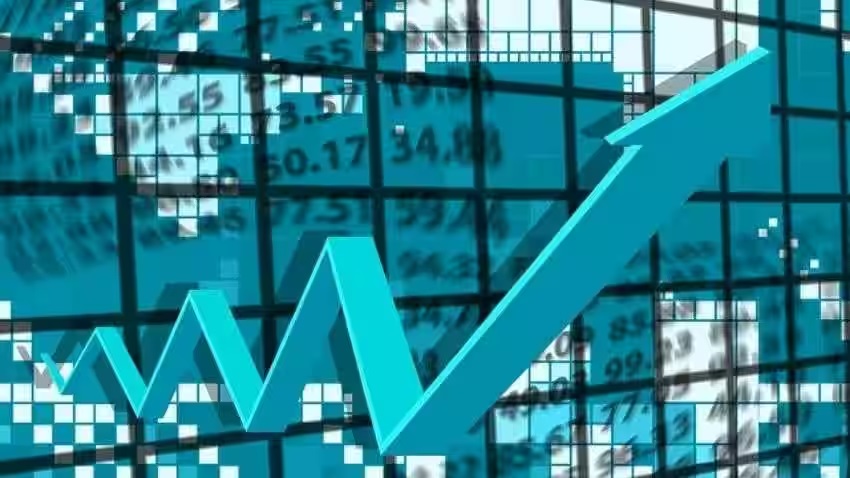Inflation, the rate at which the general level of prices for goods and services rises, eroding purchasing power, has been a constant yet dynamic force in shaping economies throughout history. By examining significant periods of high inflation and hyperinflation in various countries, we can better understand the profound impacts these events have had on economies and societies. This article explores what those in the know such as Kavan Choksi / カヴァン・ チョクシ have to say about the historical perspective of inflation, highlighting key episodes and their lasting effects.
The Roman Empire: Early Lessons in Inflation
Debasement of Currency One of the earliest documented cases of inflation occurred during the Roman Empire. To finance military expenditures and other state activities, the Roman government began debasing its currency, reducing the silver content in coins and mixing in cheaper metals. This practice led to a gradual increase in prices and a loss of public trust in the currency.
Economic Consequences The resulting inflation contributed to economic instability, a decrease in trade, and a decline in the standard of living. The devaluation of currency undermined the economic foundation of the empire and played a role in its eventual decline.
Weimar Republic: The Scourge of Hyperinflation
Post-World War I Germany One of the most infamous episodes of hyperinflation occurred in the Weimar Republic of Germany following World War I. The Treaty of Versailles imposed heavy reparations on Germany, leading to economic strain. To meet these obligations and cover domestic expenses, the German government resorted to printing vast amounts of money.
Hyperinflation Crisis By 1923, the value of the German mark had plummeted, leading to astronomical price increases. At its peak, prices doubled every few days, and the currency became nearly worthless. Citizens resorted to bartering goods and services as the economy spiraled out of control.
Social and Political Impact The hyperinflation crisis devastated the German middle class, eroded savings, and led to widespread social unrest. This period of economic chaos created fertile ground for political extremism, contributing to the rise of Adolf Hitler and the Nazi Party.
The United States: Inflation in the 1970s
Oil Shocks and Stagflation The United States experienced significant inflation during the 1970s, driven by a combination of factors including oil price shocks, wage-price spirals, and expansive monetary policy. The 1973 oil embargo by OPEC led to skyrocketing energy prices, which contributed to inflation across the economy.
Stagflation This period is notable for the phenomenon of stagflation, where high inflation occurred alongside stagnant economic growth and high unemployment. Traditional economic policies struggled to address this unusual combination of economic woes.
Policy Responses The Federal Reserve, under Chairman Paul Volcker in the late 1970s and early 1980s, implemented aggressive interest rate hikes to combat inflation. While effective, these measures also led to a severe recession. The experience of the 1970s reinforced the importance of managing inflation expectations and maintaining monetary discipline.
Zimbabwe: Modern Hyperinflation
Economic Mismanagement and Hyperinflation In the late 1990s and 2000s, Zimbabwe experienced one of the most extreme cases of hyperinflation in modern history. Economic mismanagement, including land reform policies that disrupted agricultural production, combined with excessive money printing, led to hyperinflation.
Peak Hyperinflation At its peak in November 2008, Zimbabwe’s inflation rate reached an unfathomable 79.6 billion percent month-on-month. The currency became so worthless that it was abandoned in favor of foreign currencies.
Humanitarian Impact The hyperinflation crisis caused widespread poverty, food shortages, and a collapse in public services. The humanitarian impact was severe, with many Zimbabweans fleeing the country in search of better living conditions.
Lessons Learned and Modern Implications
Monetary Policy and Inflation Control Historical episodes of inflation and hyperinflation underscore the critical role of sound monetary policy. Central banks must balance the money supply with economic output to prevent runaway inflation. The experiences of countries like Germany and Zimbabwe highlight the dangers of excessive money printing.
Inflation Expectations Managing public expectations about inflation is crucial. Once inflationary expectations become entrenched, they can perpetuate a cycle of rising prices. Central banks now place significant emphasis on communication strategies to anchor inflation expectations.
Economic Stability and Governance Strong economic governance and institutions are essential for preventing and managing inflation. Political instability and economic mismanagement often exacerbate inflationary pressures, as seen in historical examples.
Globalization and Inflation In the modern era, globalization and technological advancements have influenced inflation dynamics. Increased global trade and competition have helped keep inflation in check in many advanced economies. However, global supply chain disruptions, such as those witnessed during the COVID-19 pandemic, can still pose inflationary risks.
Inflation has been a powerful force throughout history, shaping economies and societies in profound ways. From the debasement of currency in the Roman Empire to the hyperinflation of the Weimar Republic and Zimbabwe, the impacts of inflation are far-reaching and often devastating. These historical episodes offer valuable lessons on the importance of sound monetary policy, economic governance, and managing inflation expectations. As we navigate the complexities of the modern global economy, understanding the historical context of inflation can help policymakers and individuals make informed decisions to promote economic stability and prosperity.

